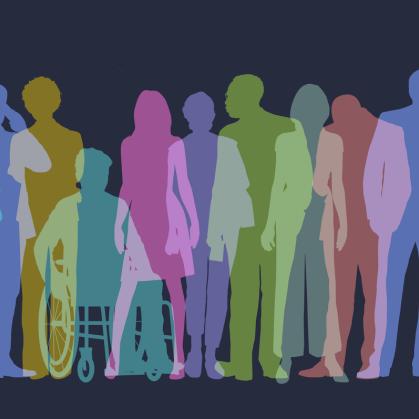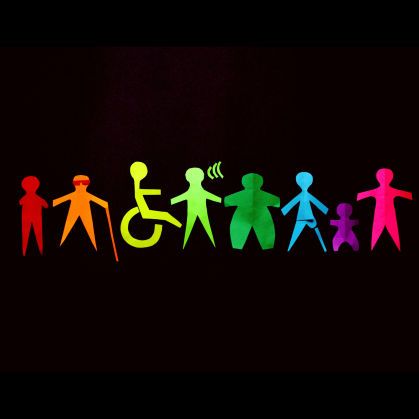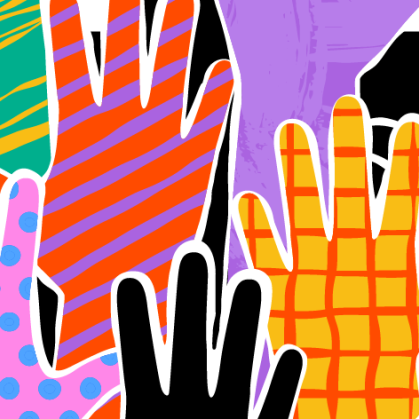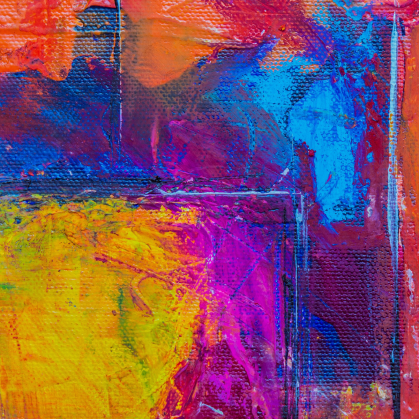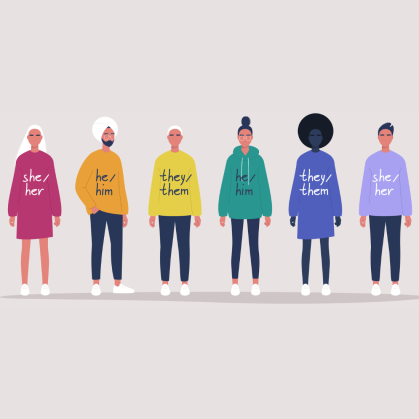Challenge the idea that a person is too old or too young to do or not do anything. Age is a just a number.
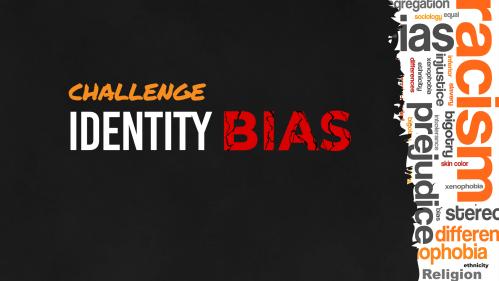
Learn. Grapple. Grow.
Bias: We All Have It
Challenge Identity Bias
These short videos help you understand the root of identity bias, and the challenge statements offer a simple change you can make to reduce bias.
Challenge practices and assumptions about what a person of varying abilities can or cannot do.
Challenge the idea that identity labels don't matter. Saying "I don't see color," for example, does not change or reduce the reality of negative race-based experiences.
Challenge the idea that surface distinctions, such as skin color, are an accurate indicator of who is more or less like you.
Challenge assumptions based on sex and gender. Honor how people choose to identify.
Challenge the environmental and social factors that hinder neurodivergent people from thriving. Recognize that being neurotypical is one way – not the "right way" – to exist in the world.
Education as Disruption Series
In this webinar series, panelists engaged in focused discussions about repairing harm, religious bias, and disability to promote practices and behavior that contribute to an inclusive environment for faculty, staff, and students.
Religious Bias
Recognizing religious biases is crucial in a campus community with various faith groups. Dr. Joan Collier talks with members of the Rutgers community, Rabbi Jason Cook, Atiya Aftab, and Kerri Willson to discuss how religious biases affect certain groups differently, how we as an institution can be more inclusive of different religious groups, and the value in bridge building between communities.
Repairing Harm
Whether on an interpersonal or institutional level, individuals have the potential to cause harm due to unconscious biases. Dr. Joan Collier spoke with Avery Arrington, Kaylin Padovano, and Rebecca Vazquez to discuss different ways institutions like Rutgers University can address and repair harm. By placing ideas such as accountability and restorative justice in the center of the discourse, this webinar highlights the importance of creating an inclusive campus climate for all.
Disability Bias
This webinar focuses on the importance of centering individuals with disabilities when working towards an inclusive environment. Whether it be implementing classroom technology aids to enable learning for those with disabilities or using thoughtful language to avoid microaggressions, Bill Welsh and Wil Vargas engage in a conversation with Dr. Joan Collier on how to eliminate barriers to inclusion.
